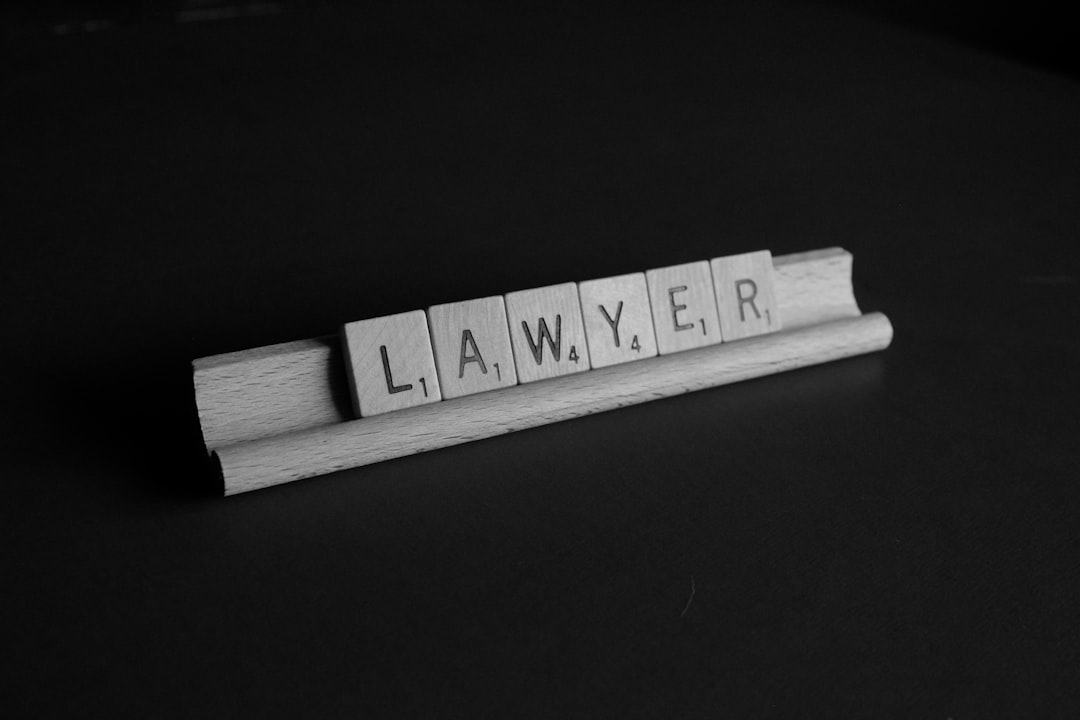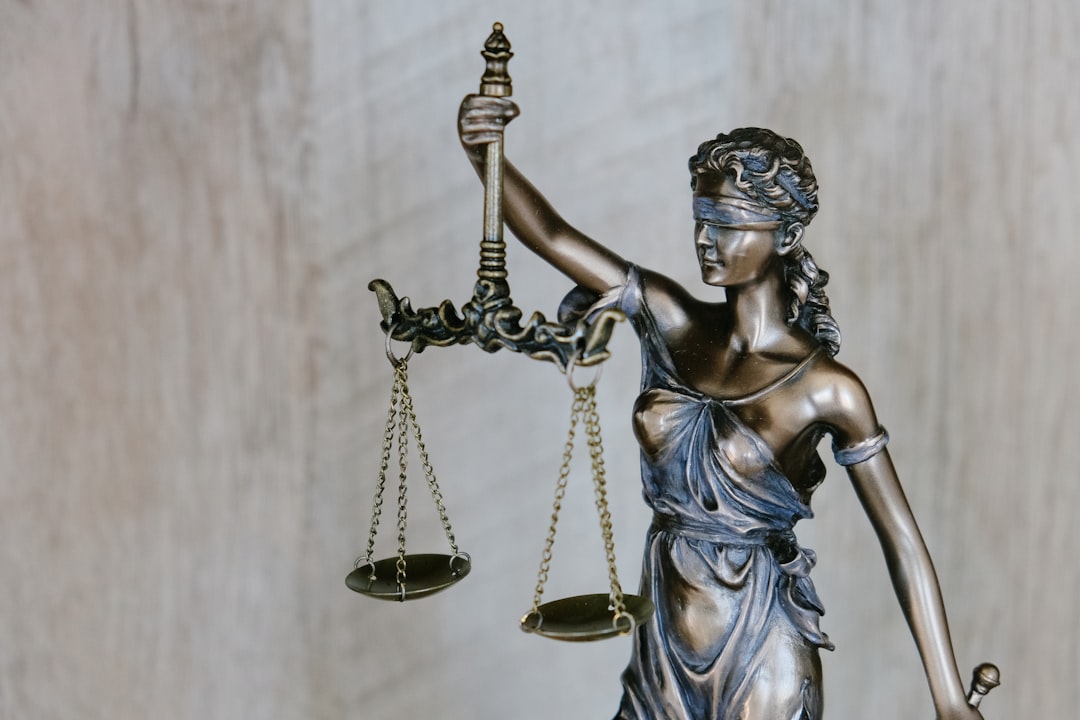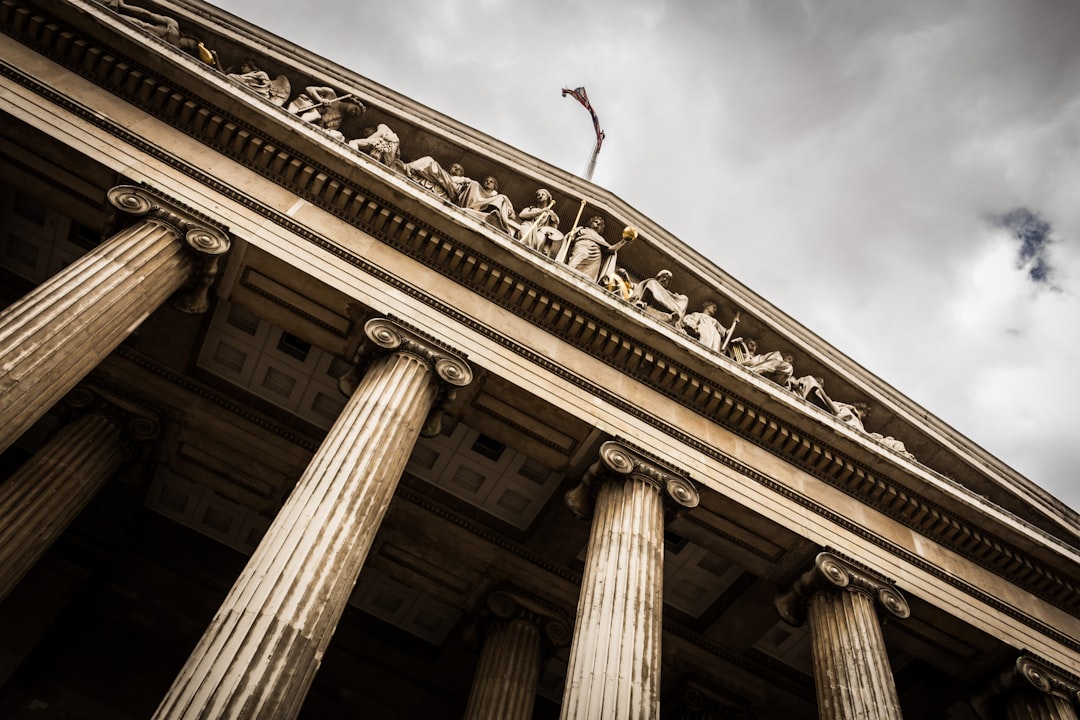Seattle's legal framework and church leadership work together to address sexual abuse allegations. Sexual abuse attorneys Seattle WA guide victims through complex processes while ensuring rights are protected. Churches establish robust support systems, implement prevention policies, and facilitate healing through counseling and dialogue. This collaborative approach aims to resolve current issues and create lasting positive change within the community.
In Seattle, where a vibrant religious community thrives, addressing sexual abuse allegations within churches has become a paramount concern. This comprehensive article explores the intricate process these institutions undertake to handle such sensitive matters, from legal perspectives to victim support and community healing. With a focus on understanding the unique challenges faced by both church leaders and victims, we delve into the crucial role of well-defined protocols and the availability of specialized sexual abuse attorneys in Seattle, WA, as key elements in fostering a safer environment.
Understanding Seattle's Legal Landscape for Sexual Abuse Cases

Seattle, like many cities in Washington State, has a robust legal framework in place to address and punish sexual abuse. The state’s laws are designed to protect victims and provide them with avenues for justice. In cases involving churches or religious institutions, understanding the interplay between these laws and religious freedom is crucial.
Sexual abuse attorneys in Seattle WA play a vital role in navigating this complex landscape. They guide victims through the legal process, ensuring their rights are protected while helping them seek redress. The city’s courts have handled several high-profile cases involving allegations against clergy members, leading to significant changes in how religious organizations handle such issues internally and in their interactions with law enforcement.
Role of Church Leadership in Allegation Response Protocols

In addressing sexual abuse allegations, church leadership in Seattle plays a pivotal role in establishing and implementing robust response protocols. These leaders are often the first point of contact for victims seeking support and justice. They must possess the sensitivity and expertise to handle such delicate matters, ensuring every allegation is taken seriously and investigated thoroughly. Church officials are tasked with creating environments where victims feel safe to come forward without fear of judgment or retaliation.
Effective leadership involves promptly reporting allegations to relevant authorities and engaging sexual abuse attorneys Seattle WA for professional legal guidance. They should facilitate open communication channels, offering counseling services and support groups to aid both victims and accused individuals in navigating the complex legal and emotional processes. By fostering a culture of transparency and accountability, church leaders can contribute significantly to the overall healing and recovery of affected communities.
The Process: From Initial Report to Legal Proceedings

When a sexual abuse allegation surfaces within a church community in Seattle, WA, a meticulous and sensitive process is initiated to address the gravity of such claims. The initial report could come from various sources—a victim, a concerned member, or even an external party. Upon receiving this information, church leaders are tasked with ensuring the safety and privacy of all involved while promptly conducting an internal investigation. This includes gathering evidence, interviewing witnesses, and consulting with designated clergy members or professionals trained in handling such delicate matters.
If the allegations prove credible, the next step involves alerting relevant authorities, including law enforcement and local child protective services. The church may also retain sexual abuse attorneys Seattle WA to navigate the legal complexities ahead. Throughout this process, transparency and support are paramount. Victims should be encouraged to come forward without fear of retribution, while the accused’s rights must also be respected within the boundaries of state laws. Efficient communication among all stakeholders is crucial to ensure a fair and just resolution.
Support Systems for Victims within the Church Community

In response to sexual abuse allegations, churches in Seattle have established robust support systems for victims within their communities. These systems often include dedicated counselors and mental health professionals who specialize in trauma care. The church leadership actively facilitates access to these resources, ensuring that victims feel safe, heard, and supported during their healing journey.
Additionally, many churches have implemented comprehensive policies and procedures to prevent future incidents of sexual abuse. This involves regular training for staff and volunteers on recognizing signs of abuse, reporting mechanisms, and responding appropriately to allegations. Sexual abuse attorneys in Seattle WA often collaborate with these church communities to ensure legal compliance and provide expert guidance tailored to the unique needs of victims within the religious context.
Long-term Impact and Community Healing Efforts Following Allegations

The long-term impact of sexual abuse allegations within a community is profound, especially in closely-knit areas like Seattle, Washington. When such incidents occur within religious institutions, it disrupts not just the lives of the victims but also the entire congregation and the broader community. Many churches in Seattle have had to navigate these challenging situations, often working tirelessly to heal and rebuild trust.
Community healing efforts following allegations typically involve multiple steps. These include providing immediate support and resources for victims through local sexual abuse attorneys in Seattle WA, ensuring confidentiality to encourage reporting, and implementing comprehensive training programs for church leaders and volunteers. Some churches organize community-wide dialogues to raise awareness, share experiences, and foster an environment where survivors feel safe and supported. This collective approach aims to not only address the immediate issues but also create a lasting impact, fostering healthier and safer religious environments for all members of the Seattle community.






